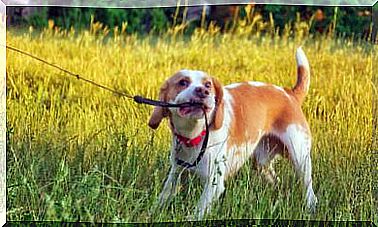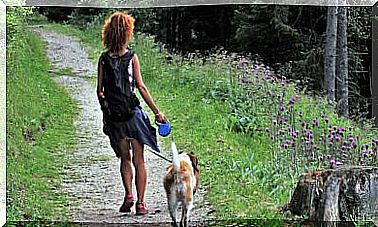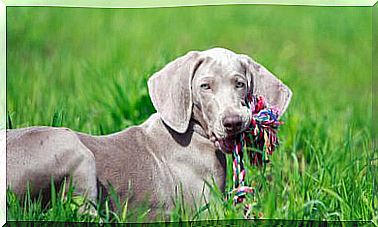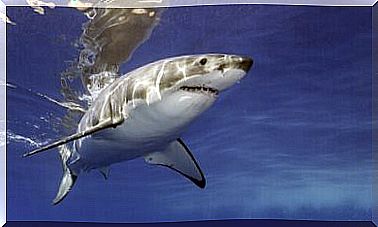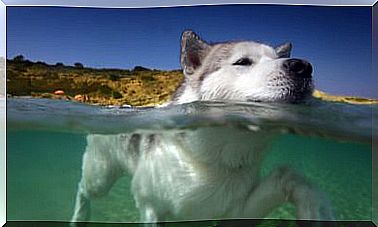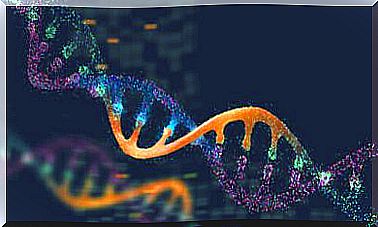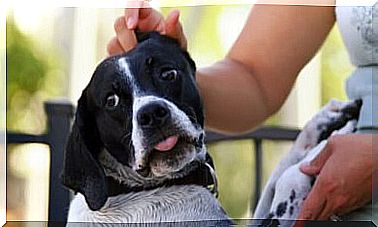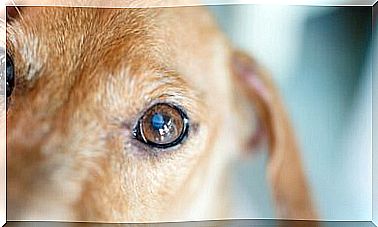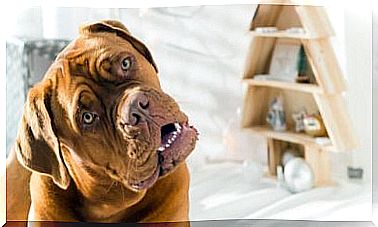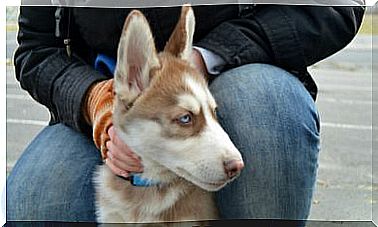My Dog has Gotten Sick, How Do I Feed Him?
When a dog is sick because he has the symptoms of an illness, or is in pain, he cannot tell what is happening to him. We have to be the owners who are aware and interpret their behavior.
When it comes to eating during your illness, what foods are best suited? A well-balanced diet with the right nutrients is a good way to start our pet’s recovery, proteins and carbohydrates that provide the necessary energy, vitamins, etc.
First steps when there is an illness
The first thing we will observe when our dog is sick is that it stops eating, and its body will take from its muscles the extra energy it needs and that is not provided by food.
Your metabolism is accelerated to fight the disease, and this must be compensated with the necessary nutrient contributions, which will help you to recover and will be the basis of your recovery.
My dog has gotten sick. How should I feed it?
In choosing the most appropriate diet, the first thing to analyze is the ailment that the animal has. Each disease must be treated in an individualized way, and also the diet that we provide to the animal during its low physical form will be a function of the specific disease.
As an example, if there are digestive problems, it is necessary to offer meals with a good contribution of fiber to help the micro flora of our friend’s body, without adding much fat.
If our dog has nausea, diarrhea and vomiting, we must provide it with a good supply of fluids, since, as in human beings, this dehydrates the animal more and more.
How to get our sick pet to eat?
Among the incentives that we will give our pet to do to eat at those times when eating is probably the last thing he wants, is to use a food that attracts him. If we know your tastes, we will know what to give you in those moments.
An interesting rule of thumb is that dogs tend to have a greater predilection for soft foods than for feed manufactured for them. Our love and patience must complete the process for the animal to eat.
Among the tricks that we can use to make our dog eat at its worst, is the powerful smell of some foods, which causes salivation in our friend and will awaken his interest in what we offer him.
In addition, the heat increases the aromas; if we previously heat the food we will achieve a more attractive touch for the dog.
In addition to natural foods, which are always recommended, a great variety of products has been developed in the markets. In addition to specific feed for certain ailments or deficiencies, there are other therapeutics, which serve to prevent certain ailments and provide an optimal quality of life for the animal.
Different much-needed nutrients
In an approach to the specific nutrients that we are going to provide to our pet to overcome its illness, we must know that proteins are the basic elements for recovery, at the same time that they provide defenses for our dog’s immune system. An animal that is sick requires more protein than one that is healthy, because its body is suffering a very important wear and tear.
Fats and carbohydrates are also a very important source of energy for a convalescent dog. The fat must be tasty and attractive to the animal, and it must be more concentrated, to be able to provide the energy levels that the animal needs in a smaller number of servings.
With regard to minerals and vitamins, the contribution of these nutrients will help the dog to heal, reducing the recovery time from the ailment and replacing the worn-out physical levels.
We must ensure that our dog’s skin and hair do not suffer any wear during his illness. If he has had an injury or the vet has operated on him, we have to monitor the treated area continuously, so that it does not ooze or worsen its appearance. Any inflammation in the area should be treated by the vet.
It is possible that we have to give our pet the medication prescribed by the veterinarian, or that we have to help him to recover physically, or that we have to perform cures in an injured area, take care of the bandages, etc. All this must be supervised and advised by the veterinarian.
